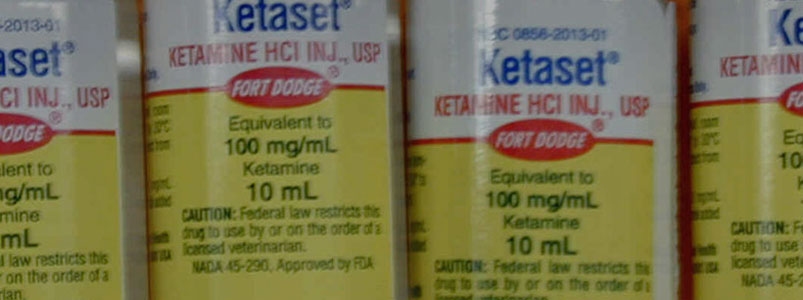Drug Facts
With so many voices and opinions out there, it’s important to understand the facts.
Fact is that while you’re a teen (and even into your early 20’s!), you’re still growing and developing, and drug abuse during these years in particular can have a lasting impact. Another fact to consider: the brain is much more vulnerable to addiction during these years. 90% of Americans with a substance abuse problem started smoking, drinking or using other drugs before age 18.
When it comes to drug use, individual reactions and experiences vary, so it’s important to understand the usual risks and effects, both short- and long-term. Knowledge can be the key to making your own best decisions.
Information provided isn’t to prevent anyone from seeking medical treatment under the advice and care of their doctor. A variety of substances offer potential medicinal value, but that doesn’t negate their risks, especially when abused.
- Adderall
- Alcohol
- Bath Salts
- Benzos
- Cocaine
- DXM
- GHB
- Hallucinogens
- Heroin
- Inhalants
- Ketamine
- LSD
- Marijuana
- MDMA
- Meth
- Mushrooms
- Over-the-Counter
- Prescription Drugs
- Rohypnol
- Salvia
- Spice
- Steroids
- Tobacco & Nicotine
- Xanax
- Adderall
- Alcohol
- Bath Salts
- Benzos
- Cocaine
- DXM
- GHB
- Hallucinogens
- Heroin
- Inhalants
- Ketamine
- LSD
- Marijuana
- MDMA
- Meth
- Mushrooms
- Over-the-Counter
- Prescription Drugs
- Rohypnol
- Salvia
- Spice
- Steroids
- Tobacco & Nicotine
- Xanax

Ketamine
Ketamine is an animal tranquilizer that can knock you out, and leave you unconscious and vulnerable.
AKA
K, special K, vitamin K, cat valium
What is it?
Ketamine hydrochloride, or “K,” is a powerful anesthetic designed for use during operations and medical procedures.
The Risks
Ketamine produces a range of effects, from intoxication to delirium. It can also make you unable to move and feel pain. Since it’s an anesthetic, you can easily black out and forget what happened while under the drug’s influence.1 When combined with simple activities like driving, this drug can become deadly.
A side effect of the drug called a “K-hole” is described as a frightening near-death experience by users who are left feeling completely detached from their body and unable to move.2
Long-Term Effects
Using ketamine can cause profound physical and mental problems, including impaired learning ability and memory, amnesia and potentially fatal respiratory problems. Cases are also being reported of significant urinary tract dysfunction linked to ketamine use.3
The Bottom Line
In some cases, ketamine can make you black out and become unable to move, so you’ll feel like you’re dead. In other cases, it can make you black out while you continue to be able to move, making you vulnerable to a variety of dangers, including accidents or even assault.
- U.S. Drug Enforcement Administration Ketamine (Street Names: Special K, “K”, Kit Kat, Cat Valium).
Published August 2011. Retrieved May 2013.
View Source [↩] - National Institute on Drug Abuse. Research Report Series- Hallucinogens and Dissociative Drugs.
Retrieved July 2011.
View Source [↩] - Wiley Online Library. The International Journal of Clinical Practice, “Ketamine-induced vesicopathy: a literature review.”
Published 2010. Retrieved May 2013.
View Source [↩]







